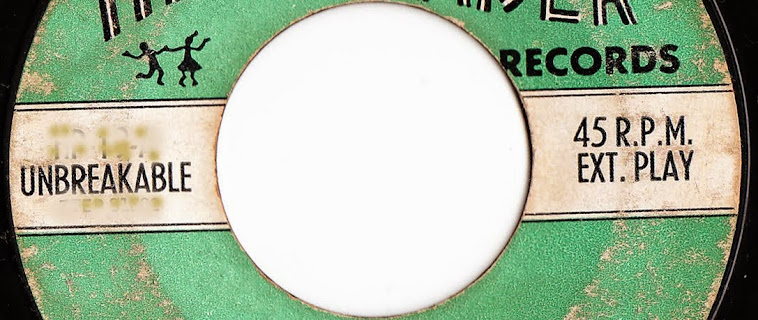September 30, 2012
Dear Jack,
I've been with you for a while now, having been a fan from the first note of the first song of White Blood Cells back in 2001. Even as you made music or musical choices that I didn't love, I always tried to come see you play when you were in New York. More than once I've called you our generation's only living guitar god.
Saturday's show at Radio City Music Hall was bullshit.
I respect any musician's decisions about his or her music. No one should place expectations on how long a musician should
perform for. But when every other set on your tour has been twice the length of this sold-out show of 5,000 people, paying an average ticket price of $61, you're getting paid to perform a service. That's called WORK, brother - around $300,000 for a single night ain't bad (yes, I know you don't get it all). Playing half a concert and then sprinting off the stage means you're shirking your duties.
I'm a teacher; if I show up and half my class is off the wall, won't
listen, or talks over me... I don't get to walk out of the room and go
home. I have to figure out how to make it WORK, to do the best job I
can for my students; they're the people I'm working for. That's what
people do at WORK - they do their job.
You did your job lazily, poorly. Bad sound is a disappointing fact of live music. Bad will towards the
people who put you where you are is a disappointing, weak character
trait.
You're an inventive, DIY kinda guy. If it was, in fact, a sound issue, then fix it. You get to choose your venues. You get a soundcheck. You get a sound guy for the stage monitors, and another one for the audience. You don't like the sound? Fix it. Don't pay Radio City their exorbitant venue fee for a hall that sounds like shit. But don't charge your fans for something that's not their fault. Tell us, the ones who helped make it a sold-out show, that you're gonna power through, because that's what rock n' roll's about - persevering, & rocking the fuck out of whatever bad situation you find yourself in.
For the record, I was trying to start cheers of "Come back, Jack!" even when I knew by the house lights, the roadies turning off amps, that it was futile. But by that point, the confused and dispirited audience wasn't into it - they were just ready to boo you. Standing around for thirty minutes like a bunch of hopeful assholes, wondering why we just gave up our Saturday nights - and a fair amount of money - to see someone who doesn't seem to care about how our evening ends... it didn't sit well with people. That's the way to lose a lot of fans.
Anyway, you just lost this one.
Long live the good times,
Alex








